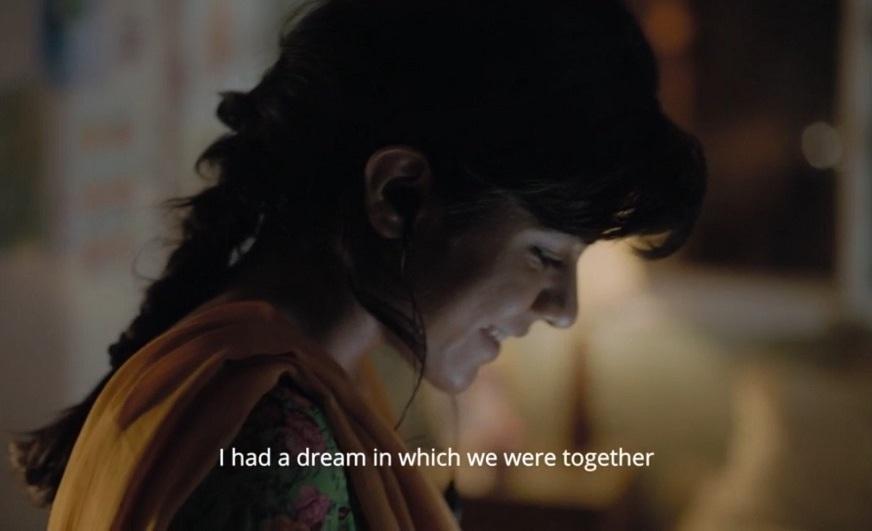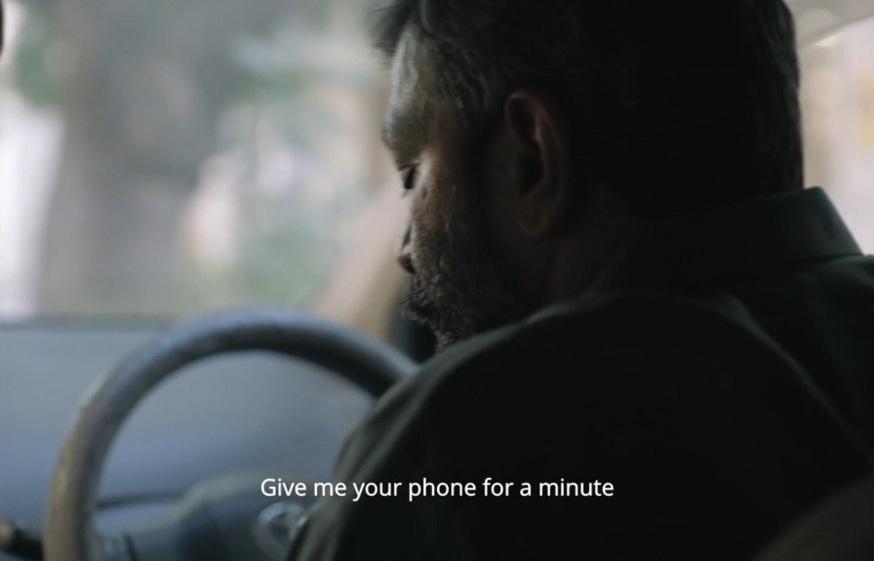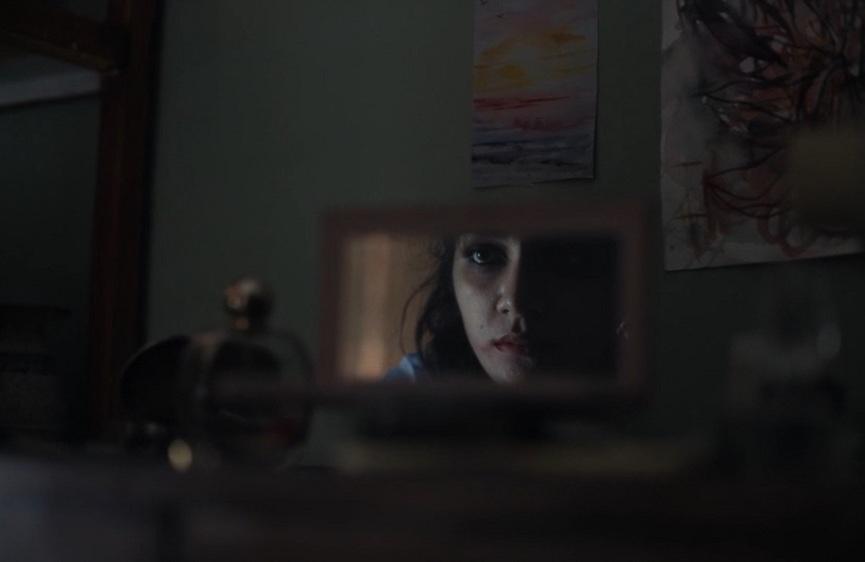Virtual Virtues: On Seemab Gul’s Mulaqat

Screening at the Dharamshala International Film Festival (DIFF), Seemab Gul’s Mulaqat (2021), titled Sandstorm in English, is the story of a young woman who gets into trouble. While still at school in the Pakistani city of Karachi, Zara makes a sexy dance video for a man she knows only over the internet. Gul’s short film attempts to create a layer of ambivalence around the nature of this event. While her girlfriends at school giggle about it amongst each other (one upbraids her by saying he is not even her boyfriend yet), the man teases her with a potential leak, unless she agrees to meet him soon. No one really finds out but fear floods Zara’s mind nonetheless. The virtual boy’s teasing threat, which soon becomes coercive, is a sign of looming disaster for her. As she is forced to pull the plug on the nascent relationship, one wonders, are trust and risk at odds with each other in virtual relationships of this sort? Or is the search for trust embedded in the riskiness of the entire adventure itself—inextricable from it, but also nourished by it?

The film provides an elemental conclusion, almost deus ex machina-like, that covers the landscape of Karachi in a sandstorm. The eponymous sandstorm provides shelter for Zara as she avoids the man who has come all the way across the ether and into her city (by train). This conclusion and the use of more practical imagery—focusing on Zara’s everyday routines, but hinting not so much at an inner life as the impossibility of it—drives the narrative into more uneasy territory than one might expect from such a cautionary set up. The cell phone, within which her secret beau is encased, becomes the only repository of her inner life, and that most abstract of elemental forces—her adolescent desires. Every time the flash from her phone lights up her face in the dark, one is reminded that her struggle to create a private life is a precarious one. It is constantly shaded by the need for others to consume the sight of her body. The filmmaker provides a well-observed sketch of Zara’s moment of disillusion, successfully conveying the lack of conflict between the disenchanting ‘real’ world of patriarchal norms and the fabulous one where strange men online appear to care about a schoolgirl’s feelings.

A film like this plays on a viewer’s expectations of cinematic reality. It makes us wonder if the film will add anything to the prevailing discourse about the dangers of risking intimacy online. There are no greatly surprising turns in the narrative, but the film burrows into the layers that separate Zara’s potential inner lives from the technologically-mediated representations of the same. She falls into a slow spiral of self-doubt, engineered by every turn of ambiguity in the things her virtual friend says, or her own friends and family members’ opinions. Language becomes an important bearer of such anxiety, but some of the English subtitles appear to force a more blunt reading of the intentions at play. The film works best when it propels the audience into a similar spiral of anxiety—wondering not so much about the outcome of the proposed, climactic encounter, as the impact her own surroundings will ultimately have on her ability to trust her own judgment. And that makes the naturalistic conclusion all the more mysterious but plausible—with a hint of mordant comedy as the man fails to recognise Zara in a throng of similarly-dressed girls pressing a scarf to their faces to protect themselves from the reckless storm. One does not need to get on the internet to remain anonymous; Karachi will do it for you.

To read more about some of the films screening at DIFF, please click here and here.
All images from Mulaqat (Sandstorm, 2021) by Seemab Gul. Images courtesy of the director and the Dharamshala International Film Festival.




